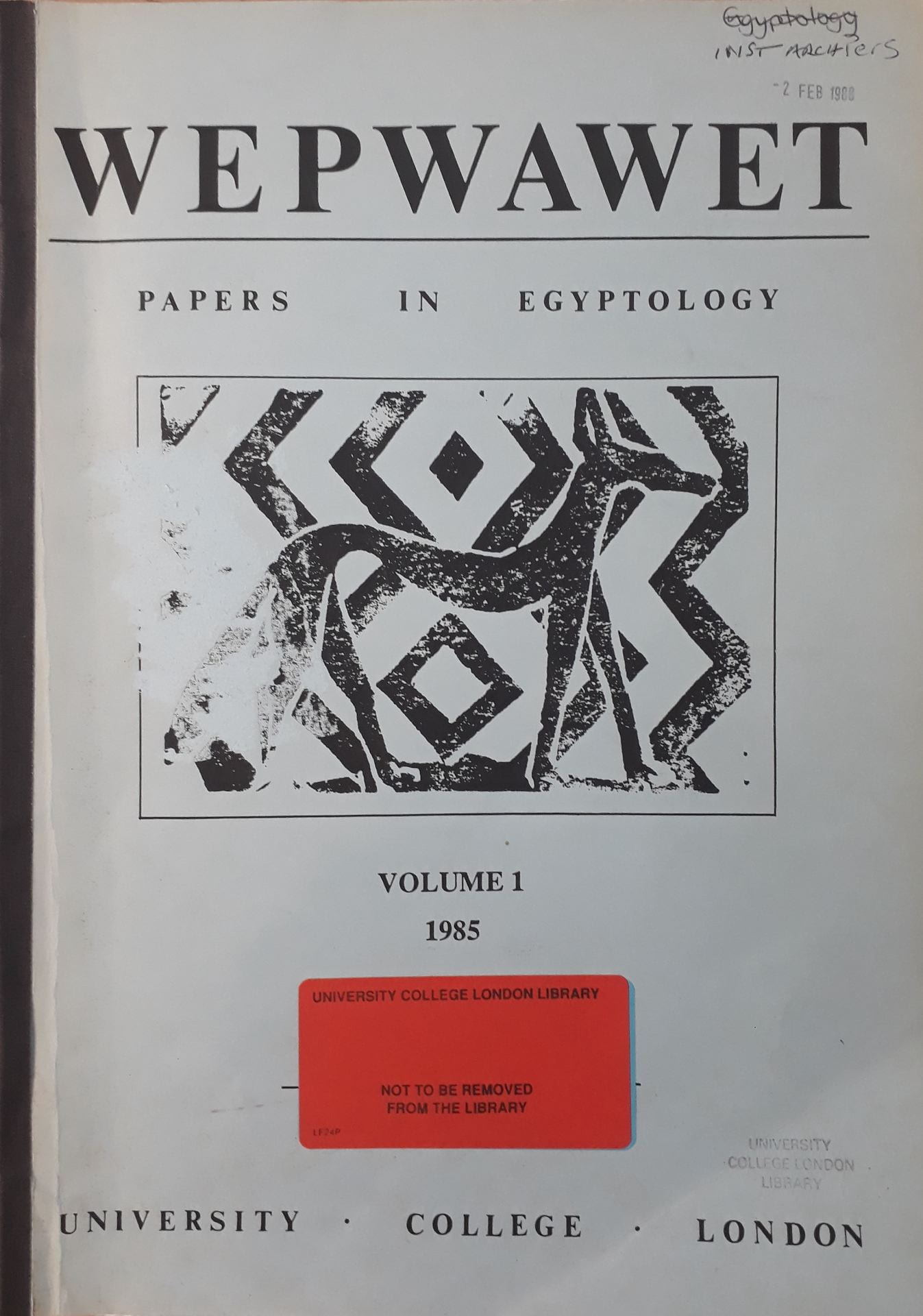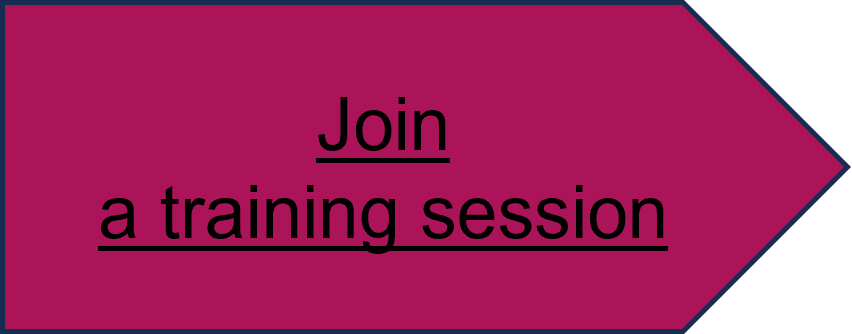Breathing new life into obsolete journals: a collaborative digitisation/open access project
By Christina Daouti, on 18 October 2023
 Guest post by Dr Katie Meheux, UCL Institute of Archaeology Librarian
Guest post by Dr Katie Meheux, UCL Institute of Archaeology Librarian
Working collaboratively with colleagues in LCCOS and the wider Egyptology community has enabled us to make ‘Wepwawet: Research Papers in Egyptology’ available as open access through UCL Discovery, UCL’s open access repository.
Each year, thousands of academic journals publish innovative and exciting research. Some of these journals endure for decades; others rapidly become obsolete. They languish on library shelves, their contents forgotten. The journal ‘Wepwawet: Research Papers in Egyptology’ (volumes 1-3, 1985-1987), produced and edited by PhD students from the former UCL Department of Egyptology, was one of these publications.
The project
In summer 2023, I came across ‘Wepwawet’ on our library shelves. I’ve been working to digitise the Institute of Archaeology’s historical journals, raising funds to make the ‘Annual Report’ and ‘Bulletin’ available as open access. Wepwawet looked like another good candidate. Volumes were short, highlighted UCL’s long history of contributions to Egyptology (the study of Ancient Egypt) and contained research that is valuable to Egyptology scholars around the world.
My first step was to find a copy of the missing second volume. Contacts in the wider Egyptology community helped me out: I borrowed and scanned the missing volume from the British Museum Library. With advice from Christine Daouti, UCL’s Copyright Support Officer, I then approached the former editors of the journal, Mark Collier, and Mariam Kamish, who shared the copyright with UCL. Both Mark and Mariam were supportive of the project and immediately gave permission to digitise. With their agreement, the scanned contents of the journal were added to UCL Discovery the same day and are now available online with a Creative Commons Attribution licence (CC BY).
The outcome: from the shelf to the world
The project to digitise ‘Wepwawet’ demonstrates how co-operative, pro-active initiatives within communities of practice can breathe new life into forgotten journals, and can be quick, easy, and low cost, but with high returns.
Making a digital copy of the journal open access supports its preservation, makes it discoverable and ensures that scholars – including native Egyptian scholars seeking to interpret their own past – can access, read and cite this research. A Creative Commons licence (CC BY) makes it possible for others to share and build upon this work, while attributing the original creators.
Thanks to all involved!

Creative Commons sticker logo. Source: https://creativecommons.org/about/downloads/. Used under the Creative Commons Trademark Policy: https://creativecommons.org/policies#trademark
To learn more about Creative Commons licences, drop-in any time between 12 and 2 pm on Teams on Tuesday 24 October.
 Close
Close





